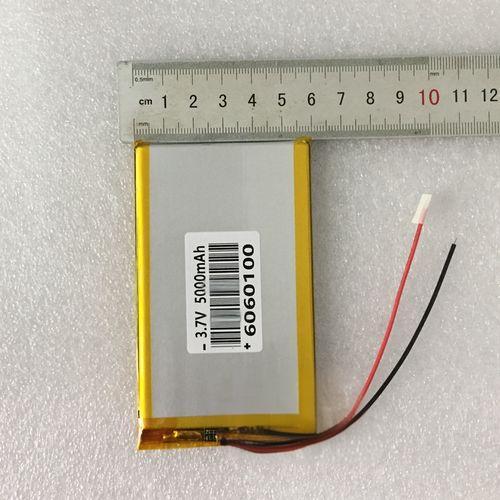When you buy lithium batteries outside your area, especially when you import them from abroad, you will notice that the transportation of lithium batteries is not as simple as you think. This is because lithium batteries are more dangerous than common products – they may even cause fires when they are damaged, even if it is just a small lithium polymer battery. To avoid potential risks, the quality of lithium batteries is paramount. UL1642 is one of the more common certifications, so what does it stand for? This article will give you a detailed introduction.
What is UL1642 Certification?
UL1642 is a widely recognized safety standard for lithium-ion batteries, ensuring their compliance with critical electrical, mechanical, and environmental safety requirements. This certification is issued by Underwriters Laboratories (UL), a global safety certification organization. The primary purpose of UL1642 is to verify that lithium-ion battery cells do not pose fire, explosion, or other safety hazards under normal operating and foreseeable misuse conditions.
UL1642 certification includes tests such as:
- Short-circuit test– Ensures the battery does not overheat or catch fire.
- Overcharge test– Confirms battery safety under excessive voltage conditions.
- Crush test– Simulates potential mechanical damage.
- Impact test– Verifies resistance to external forces.
- Forced discharge test– Prevents hazardous conditions from deep discharge.
Origin and History of UL Certification
UL was founded in 1894 as an independent organization dedicated to safety testing and certification. As battery technology evolved, UL introduced UL1642 specifically for lithium-ion and lithium-metal cells to regulate their safety. Today, UL certification is a global benchmark in various industries, including consumer electronics, medical devices, electric vehicles, and energy storage systems.
How Long Does UL Certification Last?
UL certification does not expire, but manufacturers must undergo regular audits and product testing to maintain compliance. If a manufacturer modifies the battery design, chemistry, or production process, a recertification process may be required.
Which Countries Require UL1642 Certification?
UL1642 is mandatory or highly recommended in:
- United States– Essential for lithium-ion batteries in consumer and industrial applications.
- Canada– Recognized under CSA standards.
- Japan & South Korea– Required for electronic products exported to the U.S.
- European Union– Often used alongside IEC certifications for additional safety assurance.
- Australia & New Zealand– Preferred in high-risk applications like medical and defense sectors.
While not legally required in all countries, major retailers, regulatory agencies, and product manufacturers often demand UL certification for market acceptance.
How to Verify If a Company is UL Certified?
You can check a company’s UL certification status by visiting the UL Product iQ Database (www.ul.com) and searching by company name, product type, or certification number. UL-marked products also contain a unique identifier to validate authenticity.
UL1642 vs. UL2054: What’s the Difference?
| Standard | Scope | Application |
| UL1642 | Safety testing for lithium-ion and lithium-metal cells | Individual battery cells used in larger battery packs |
| UL2054 | Safety requirements for complete battery packs | Consumer electronics, medical, and industrial battery packs |
UL1642 applies only to cells, whereas UL2054 covers entire battery packs with additional tests such as thermal runaway and enclosure safety.
UL1642 vs. IEC 62133: What’s the Difference?
| Standard | Scope | Region of Recognition |
| UL1642 | Lithium-ion cell safety certification | Primarily for North America |
| IEC 62133 | International safety standard for lithium-ion batteries | Recognized in Europe, Asia, and global markets |
While UL1642 focuses on fire and explosion prevention, IEC 62133 has a broader scope, covering transportation, design safety, and environmental impact.
UL vs. ISO: What’s the Difference?
| UL Certification | ISO Certification |
| Focuses on product safety and testing | Focuses on process quality and management systems |
| Specific to electrical and battery-related products | Applies to various industries like manufacturing, healthcare, and services |
| Enforced through third-party testing and audits | Compliance is often voluntary for process standardization |
For battery manufacturers, UL certification ensures product safety, while ISO 9001 and ISO 14001 help establish quality management and environmental sustainability.
Conclusion
UL1642 certification plays a critical role in lithium-ion battery safety, offering fire, electrical, and mechanical protection. While it is primarily required in North America, its global acceptance makes it essential for manufacturers looking to export or gain consumer trust. Understanding the differences between UL, IEC, and ISO standards helps businesses select the right certification strategy to ensure compliance, safety, and market acceptance.




